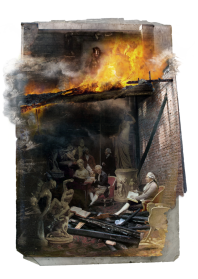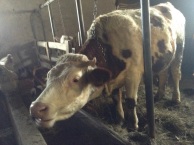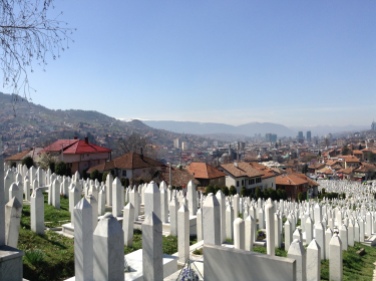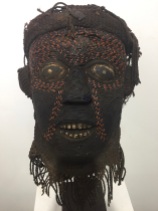Invited speaker for a study day on British graphic satire that is being co-organised by the Paul Mellon Centre for Studies in British Art, London and the Queen’s Gallery, Buckingham Palace. The symposium also coincides with a new exhibition on the art of Thomas Rowlandson called High Spirits: The Comic Art of Thomas Rowlandson. For more information see https://www.royalcollection.org.uk/event/study-day-rowlandson-and-after-rethinking-graphic-satire
Abstract:
How might we rethink this perpetual characterization of Thomas Rowlandson’s art as ‘repetitive’ and ’cheeky’ now that we have new information about his professional training in the 1770s when, having enrolled as a student in the Royal Academy in London, he proceeded to the Académie Royale in Paris to become, on 11th March 1775, one of only seven foreign students to be admitted to a curriculum that was taught in French? To re-evaluate these claims my paper turns to some of the ambitious pictorial satires that the artist exhibited in London in the early 1780s, soon after he returned from France. The Place des Victoires (1783) or the French and English Reviews (1786) are usually described as watercolours, yet they operate as sophisticated satirical images because they depend for their humour on the inter-referential dialogues that they generate with alternative types of art. Furthermore, as important and original syntheses of print and paint, they point to broader developments in the contemporary market for graphic satire. These large works indicate how visual humour was not always contained by the small and rapidly produced satirical print; it could also be adapted to meet the requirements of some of the capital’s most prestigious exhibition spaces and the discerning regard of different publics. What makes Rowlandson’s early works so inventive, however, is how they highlight the double professional route that the artist had taken into comic art, and specifically the way he could transfer academic methods from one type of pictorial practice to another.































Leave a comment